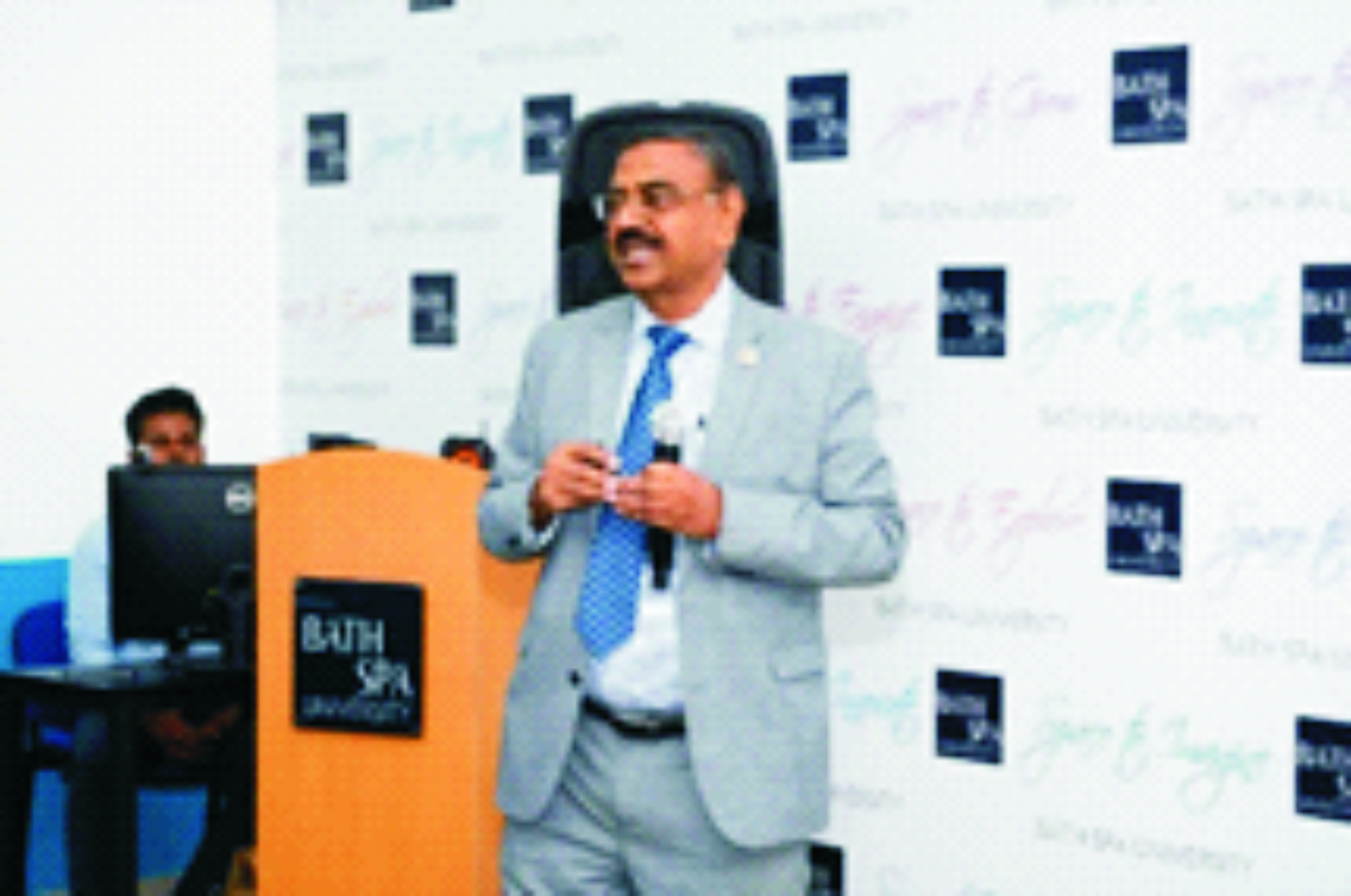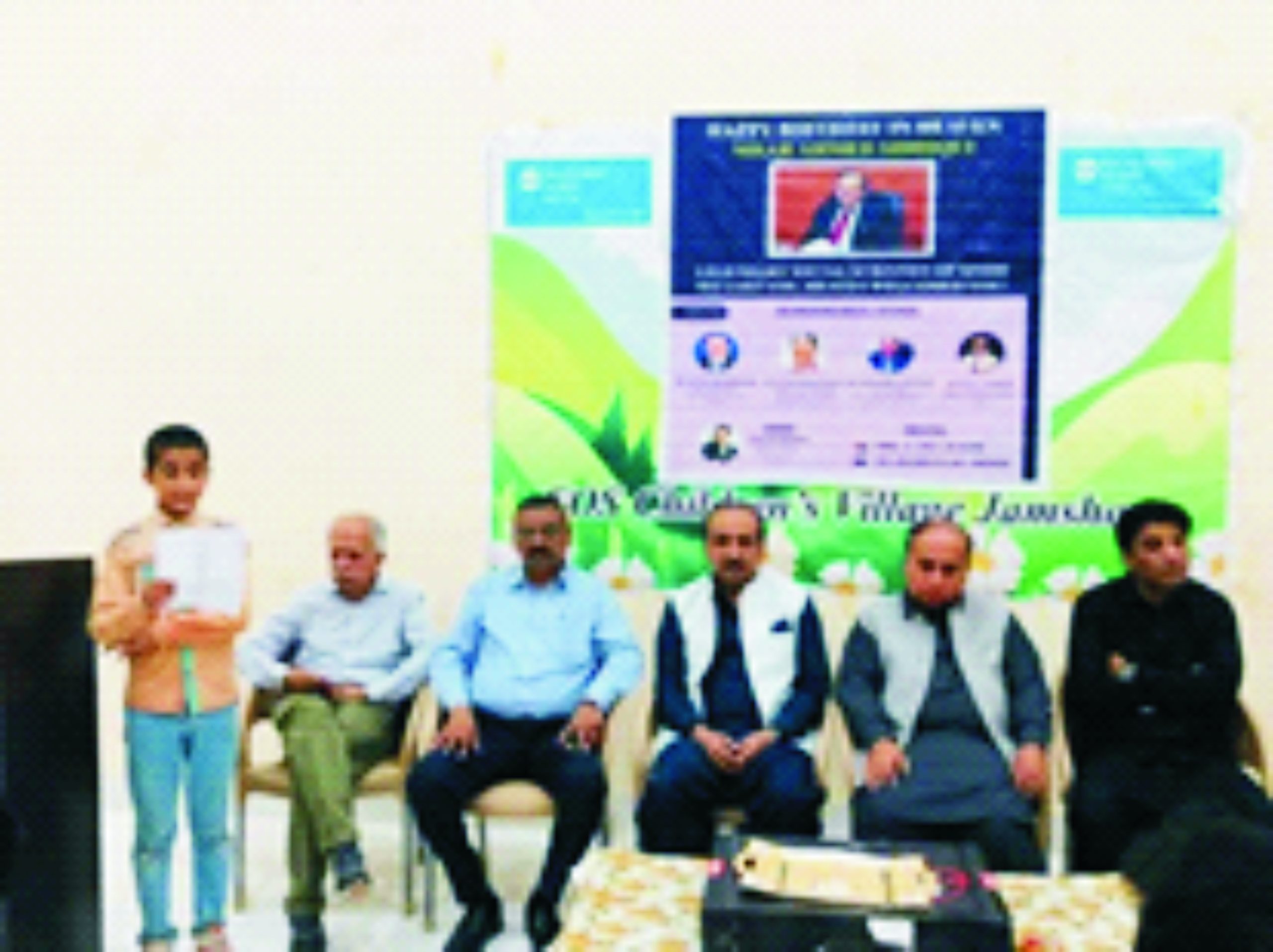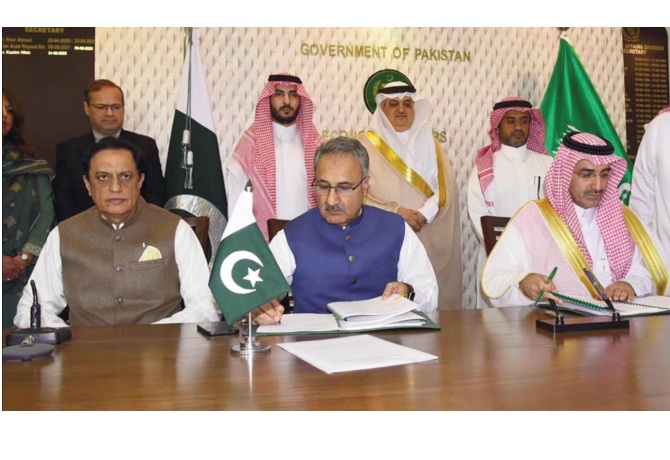Prof BS Chowdhry’s talk at BathSpa Uni RAK Campus UAE Vertically Integrated Collaborative Projects and Experiential Learning
The 3rd International Conference on Business, Management, Emerging Technologies, and Social Sciences 2023 was held at Bath Spa University, Academic […]





